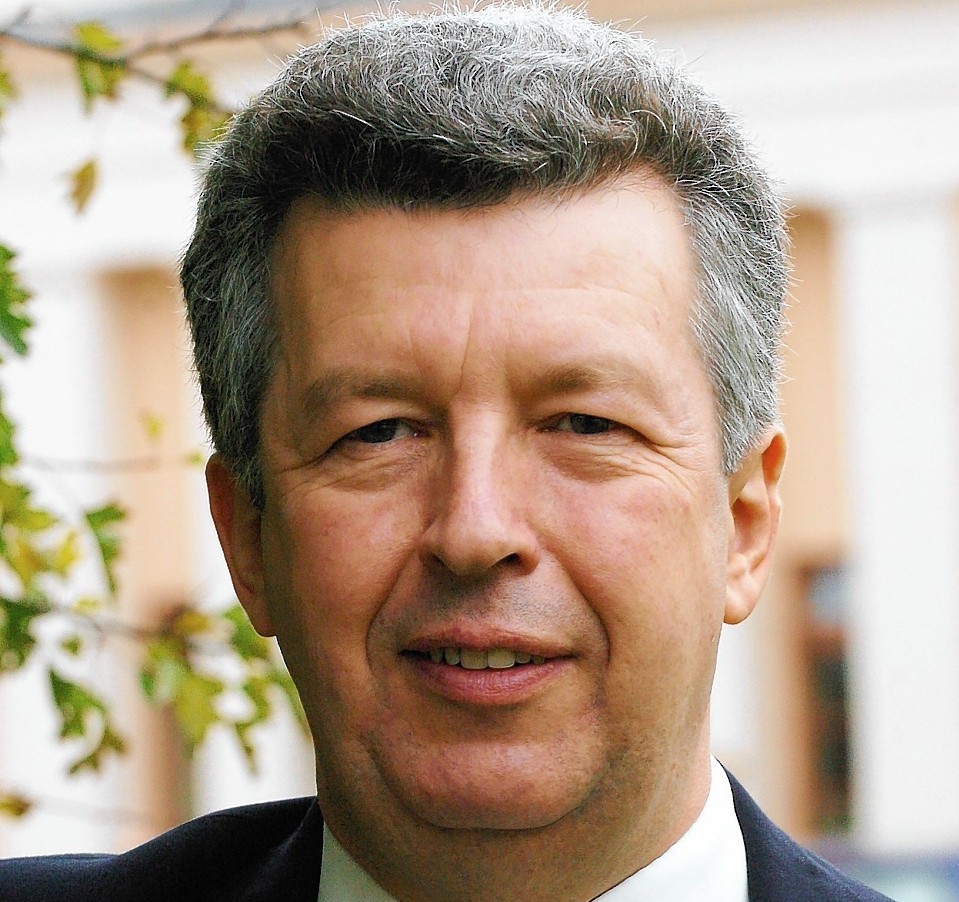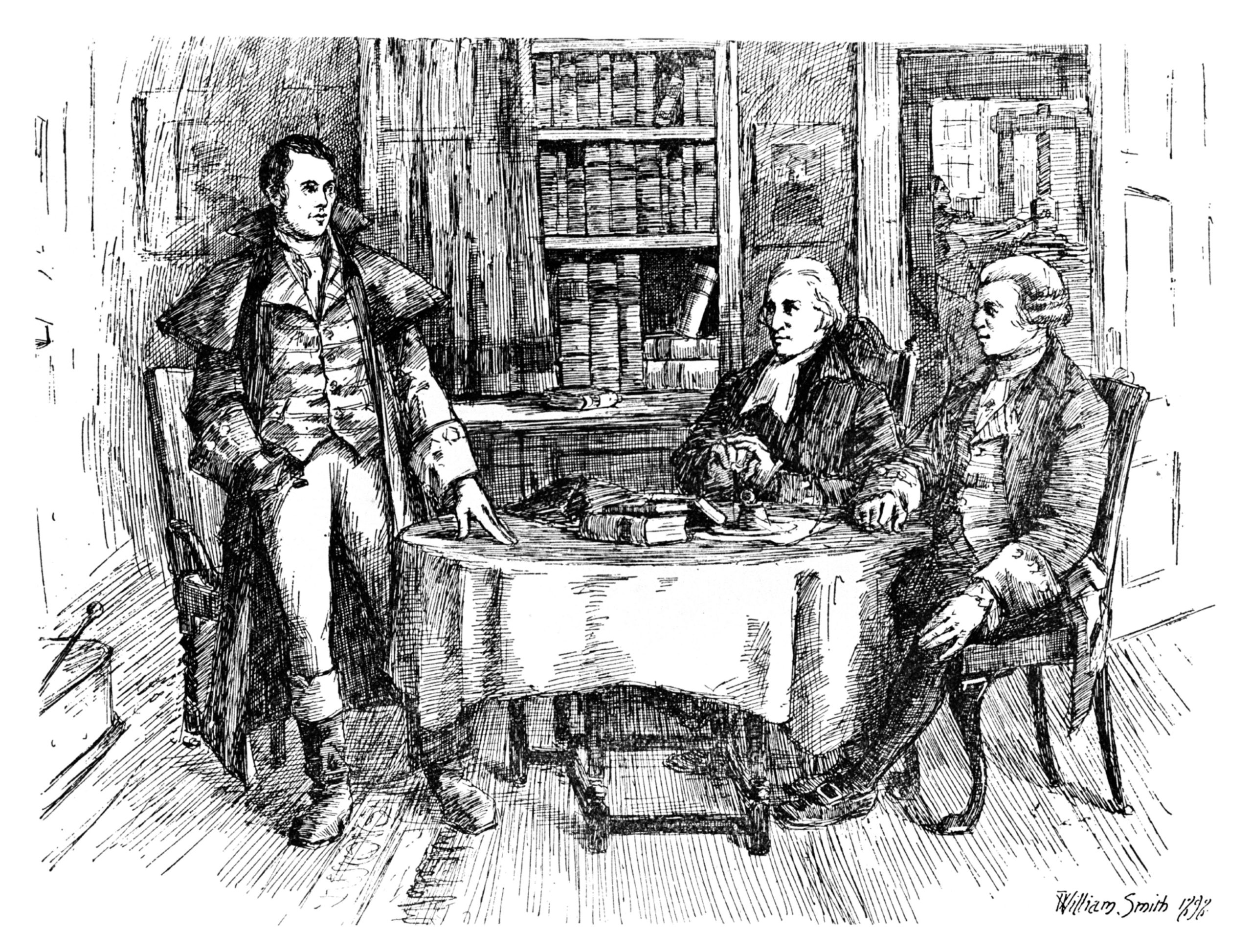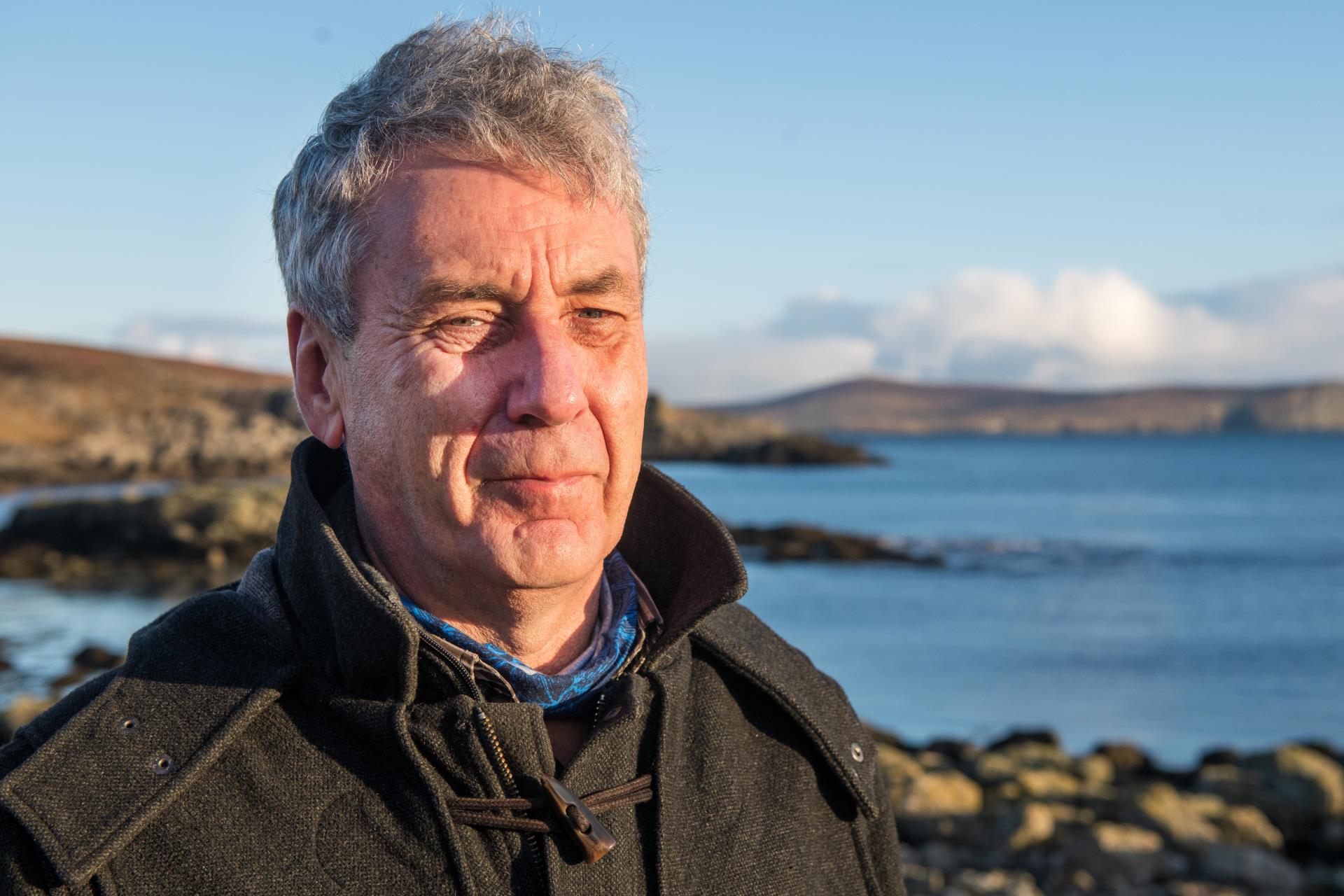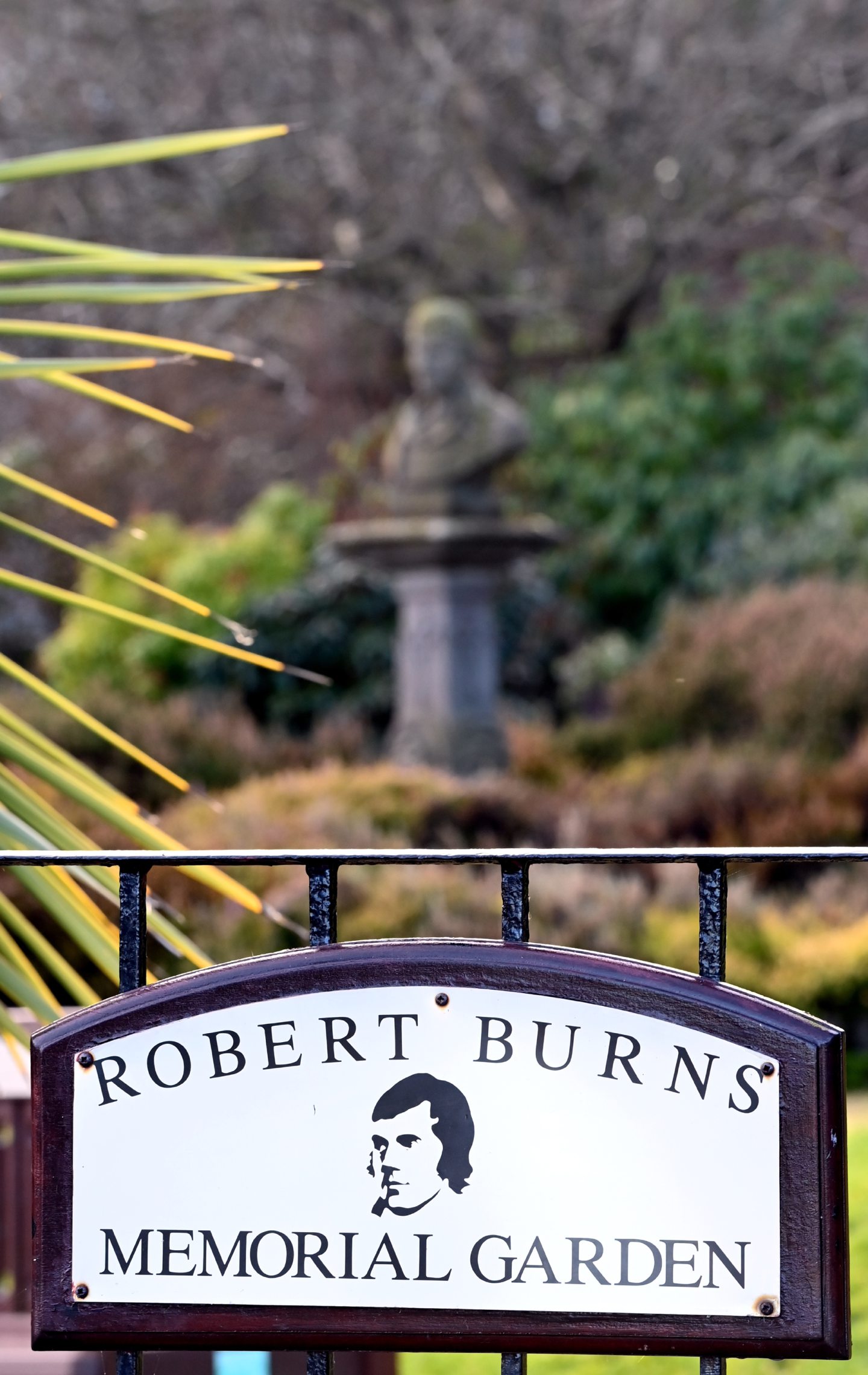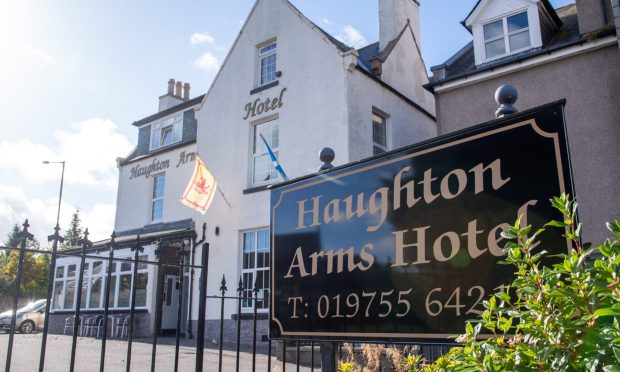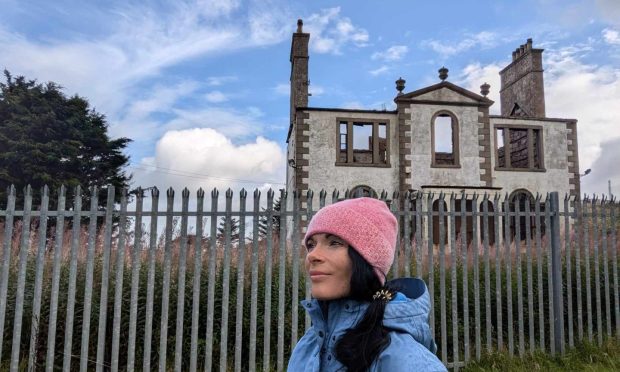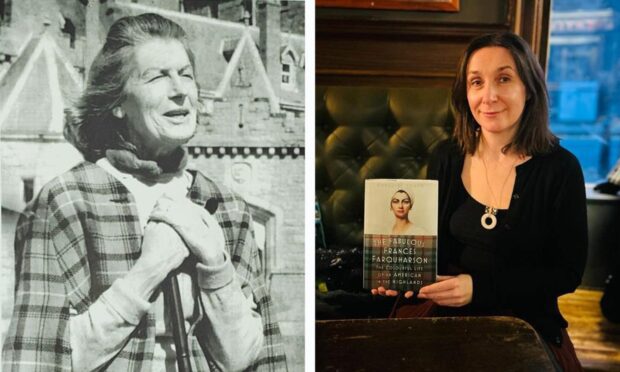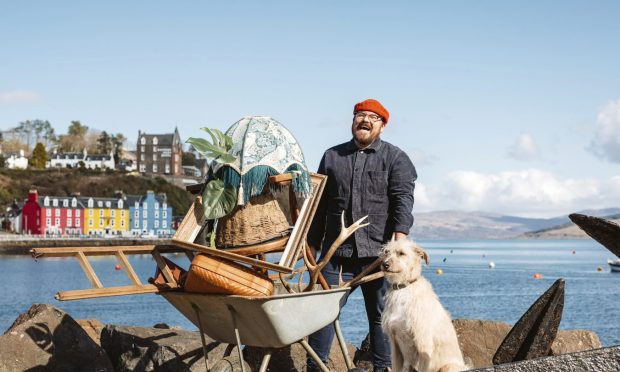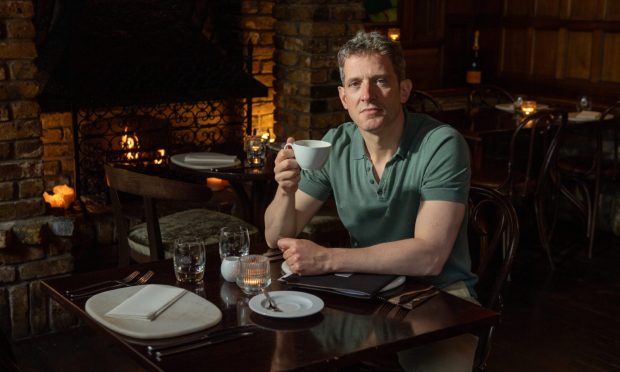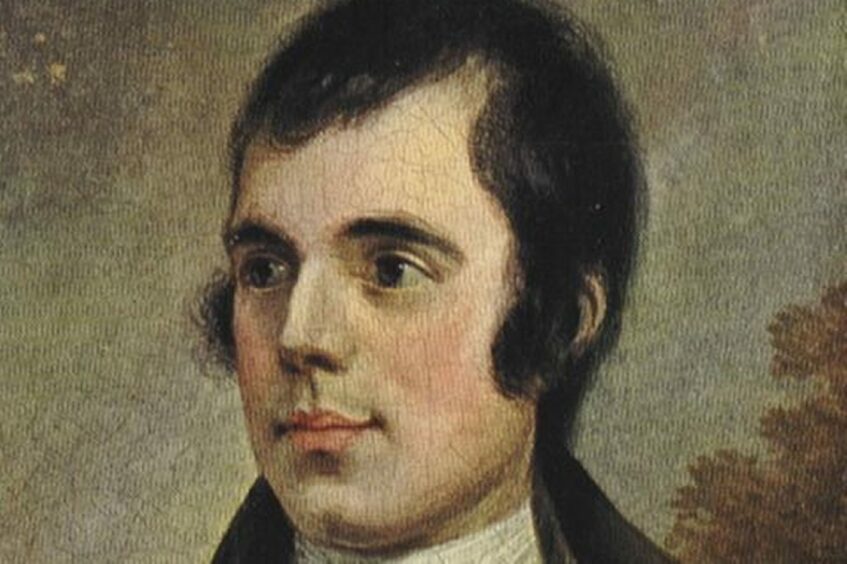
It’s that time of year when celebrations are held across the world in honour of Robert Burns; poet, songwriter, socialist, internationalist, womaniser, farmer, freemason, exciseman and all-round chameleon figure.
Everybody thinks they know him and sympathise with him, which is why Burns Suppers will be held across Scotland and from Australia to Russia and America to New Zealand, in the presence of people of every politicial persuasion. Auld Lang Syne, Tam o’ Shanter, To a Mouse, Scots Wha Hae, Ae Fond Kiss, A Man’s a Man for A’ That….there can’t be anybody who hasn’t heard of at least some of these notable works by the Ayrshire-born aesthete who died at the age of just 37 in 1796.
But, if Burns was alive today, what would he make of the current political situation in his homeland? Would he support or dismiss calls for independence? And how would he regard the government at Westminster which is currently at loggerheads with its counterparts at Holyrood over the gender recognition reform bill. Which party would he call a “parcel of rogues”?
Some people have no doubt about the path he would have chosen in 2014 or in any future poll. North-east author and playwright Mike Gibb said: “Robert Burns wouldn’t only have voted Yes, I think he would have been handing out leaflets!
“There are several references to his belief in Scottish independence in his work. Obviously, the anthem like Scots Wha Hae is a prime example, although possibly even more important is the song [Such a] Parcel of Rogues about the noblemen who sold out Scotland for money in the signing of the Act of Union [in 1707].”
Jean had to make ends meet at home
Frieda Morrison, chairwoman of the Doric Board, added: “Burns was very much for Scottish independence as we can hear in many of his songs including Parcel of Rogues – and never has a song been so apt in this day and age.
“But he was aware of the slings and arrows that might come at any time from his debtors, so his wife, Jean Armour might have played a big part in his need to work for the exciseman. She was the one at home trying to make ends meet – and she was the one who had to feed the bairns. And, as they say in polite company, ‘needs must”.
However, that position is rejected by the likes of former Labour MSP, Lewis Macdonald, who is convinced Burns had faith in a brotherhood of man rather than individual states.
He said: “He believed in our common humanity: he was not a nationalist, but an internationalist. He would not have voted for Scottish independence – or Brexit.
“A Man’s a Man for A’ That says it all. It scoffs at the rich and powerful, their strutting self-importance and fancy titles. It talks up the common people, no matter how poor: what matters is being honest and thinking for yourself, not money or status.
He wanted us to fight for our rights
“It looks forward to a day when the rights of the common people will triumph over hereditary power and wealth.
“Burns would be delighted at a country where every man and woman has the vote, where poor people don’t pay to see a doctor and where workers can go on strike without being sent to jail. He would be the first to say we should take none of that for granted, and that we should fight to defend those rights.
“He also said we should share our values with people everywhere, not keep them to ourselves. He looked forward to the day that ‘man to man, the world o’er, shall brithers be for a’ that’. That still makes far more sense today than each country for itself alone.”
Yet, many historians have pointed out that Burns was far from being a saint. He had links to slavery, was disinclined to fidelity in marriage and his backing for the toppling of the monarchy in France was tempered by his decision to join a group which was dedicated to preserving Britain from similar revolution crossing the Channel.
Voting was for the few not the many
Jim Hunter, emeritus professor of history at UHI, said: “In Burns’ day, voting of any kind was the prerogative of a minuscule minority. Something like one in 500 adults had the vote. The total Scottish electorate was just four or five thousand people – all comparatively wealthy or very wealthy men.
“And this tiny electorate was subject to well-organised manipulation by key politicians, landowners and others. The notion of the entire population having a free vote on anything, let alone Scottish independence, was wholly for the birds.
“There’s certainly a case for Burns as a political radical. And there’s no lack of stuff in his writing – Scots Wha Hae, Parcel of Rogues – to indicate at the minimum a sentimental attachment to Scottish nationhood as defended by William Wallace and Robert the Bruce and as jettisoned in 1707. But the restoration of independence?
“That, as far as I know, wasn’t a live issue in Burns’ lifetime and wouldn’t be, to any great extent, until our own time. Burns worked for the government as an exciseman. And he served in the Dumfries Volunteers – one of the sort of Home Guard formations mustered to defend the UK against possible invasion from the revolutionary France with which he clearly had sympathy.
“Perhaps, like most of us, he was a man of contradictions”.
Burns was changeable
Award-winning Scottish author Donald S Murray evocatively summed this up while analysing how Burns was anything but consistent in his words and actions.
He said: “The most creative individuals are sometimes like chameleons, their voices and ways of expressing themselves changing constantly according to their mood and time. Robert Burns is an outstanding example of this.
“One moment, he composes Scots Wha Hae, one of this country’s greatest national anthems. The next, he writes A Man’s a Man For A’ That, regarded by many as a declaration of his socialist beliefs. In its final verse, he looks forward to the day ‘that Man to Man the whole warld o’er, Shall brithers be for a’ that.’
“Clearly there would neither be borders nor boundaries involved in a process like this.
“It doesn’t stop there. One minute, too, he accepts a post helping to manage a slave plantation in the West Indies. The next, he writes The Slave’s Lament, displaying the greatest sympathy for an individual ‘torn from (a) lovely shore’ in Senegal to carry the burden of slavery on their shoulders in the American state of Virginia.
“As for his attitude to women? Sometimes his words worshipped them. On other occasions, his actions denigrated them.
It all depends on your point of view
“So how would Burns vote in an independence referendum for Scotland? The one thing is sure is that he would equivocate for ages before deciding. As another exceptionally creative figure [Bob Dylan] who also displayed many changes in his long career might have declared: ‘the answer’ to that question ‘is blowing in the wind”.
Burns still exerts an engrossing fascination more than 225 years after his death. But the enigma remains uncracked.
It’s simpler to predict his opposition to Brexit than what he would have thought of Scottish independence. But, of course, that depends on whether you’re Yes or No.

